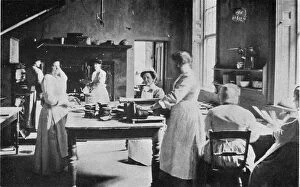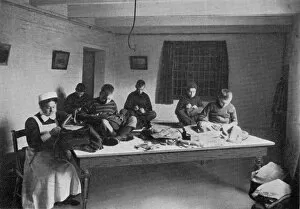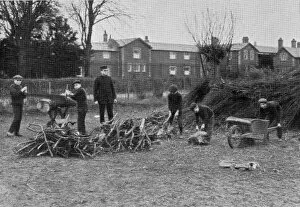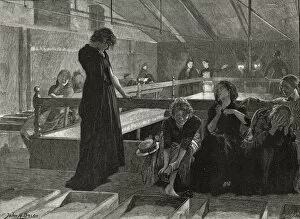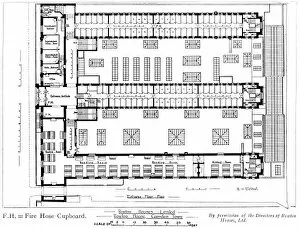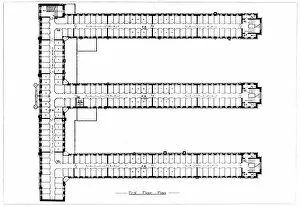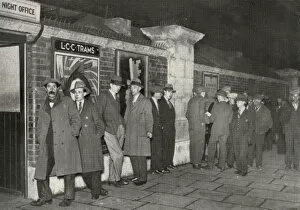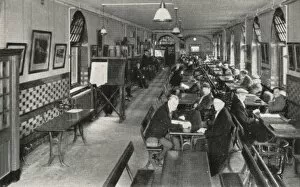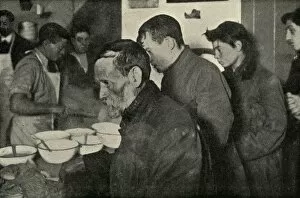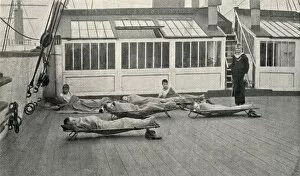Charitable Collection (page 14)
"Charitable Institutions: A Legacy of Compassion and Support" In the heart of Manchester
All Professionally Made to Order for Quick Shipping
"Charitable Institutions: A Legacy of Compassion and Support" In the heart of Manchester, the Manchester Warehousemen Orphan Schools have been a beacon of hope for countless children. Established in Cheadle Hulme, this institution has provided shelter, education, and love to those who needed it most. The survivors of the Charge of the Light Brigade found solace at a unique establishment in 1890. Their bravery was honored through support at Morgan Academy in Dundee, Scotland - a testament to resilience and unity. Peacehaven's Gracie Fields Home and Orphanage holds a special place in Sussex's history. This haven nurtured young souls with care and affection, ensuring they never felt alone or abandoned. Crossley and Porter Orphanage stands tall as an emblem of compassion in Halifax, West Yorkshire. Its doors opened wide to embrace vulnerable children seeking refuge from life's hardships. The London & South Western Railway Servants Orphanage in Woking offered not just shelter but also opportunities for growth. It empowered young minds with knowledge while providing them with stability during challenging times. On North Shields' shores stood Training Ship Wellesley - an extraordinary vessel that transformed lives. This nautical haven shaped future leaders by instilling discipline, skills, and values that would guide them throughout their journeys. Sir Francis Crossley embodied philanthropy through his remarkable contributions as both businessman and MP. His legacy continues to inspire generations to give back selflessly. Royston witnessed acts of kindness within Shaftesbury and Arethusa Boys Homes - sanctuaries where boys discovered their potential amidst nurturing surroundings filled with camaraderie. A Promotional Card for Blue Cross Tea reminds us how even small gestures can make a difference when supporting charitable causes close to our hearts – every cup counts. John Grooms Crippleage and Flower Girls Mission exemplify dedication towards uplifting those facing physical challenges or societal disadvantages. These institutions fostered inclusivity and provided opportunities for growth.

